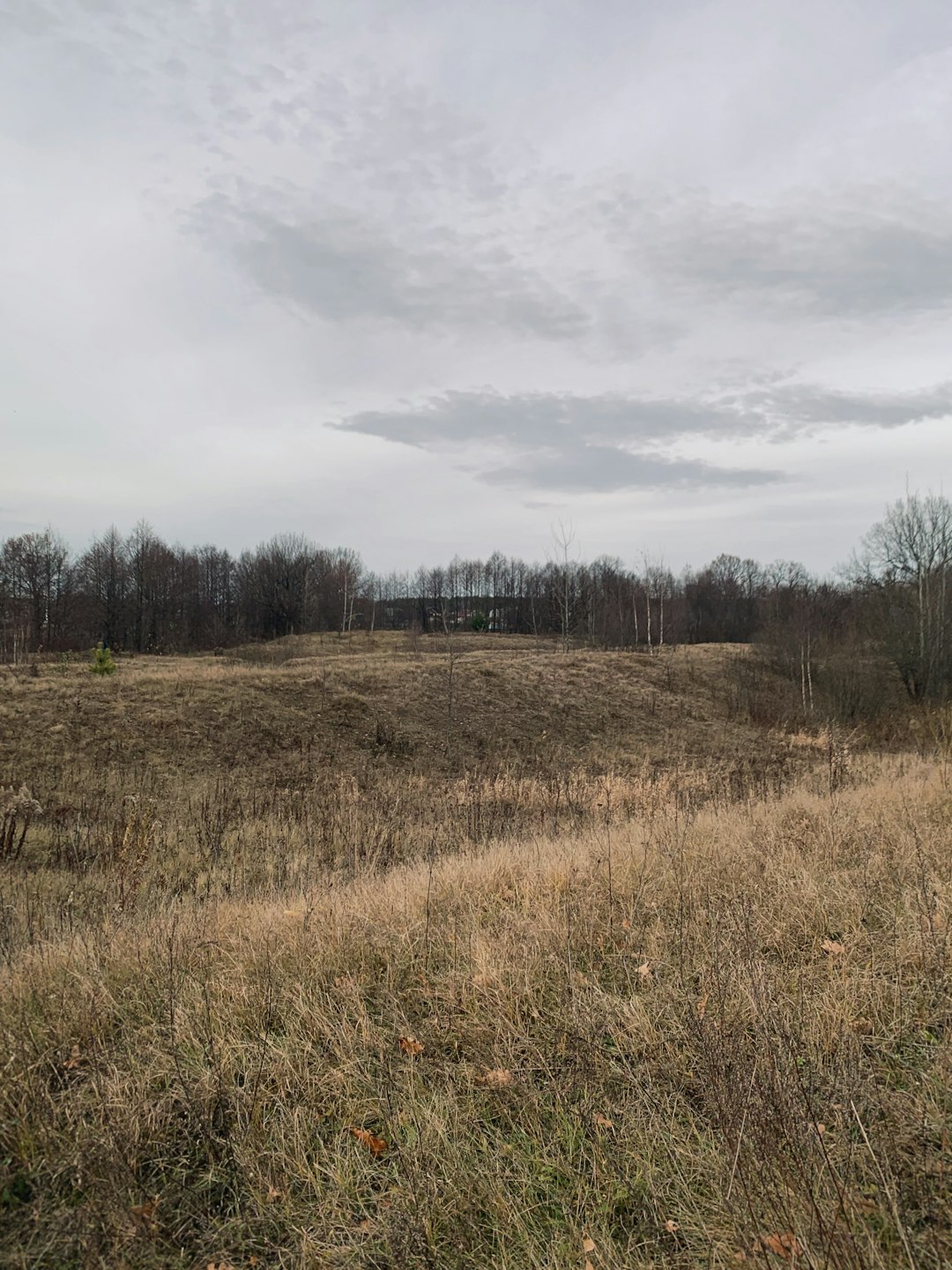Marketing strategies
Checking Out the Ocean State's Concealed Treasures
Rhode Island may be the smallest state in the United States, but it is replete with hidden gems that await discovery. Characterized by stunning coastlines, lush farmlands, and vibrant communities, the land here offers diversity in both its landscape and opportunities. Prospective landowners can find a plethora of options that meet their unique preferences – whether it's a seaside retreat, a rural homestead, or a plot ripe for commercial development.
The state's coastal towns boast parcels that afford spectacular ocean views, while inland, one can find more secluded plots that offer privacy and tranquility. Rhode Island's reputation for being the 'Ocean State' is no exaggeration, with waterfront properties holding particularly high allure. However, beyond the ocean's edge, the state offers a myriad of land types that are equally compelling.
Moreover, Rhode Island's commitment to land conservation means many areas are designated for preserving the natural splendor. Acquiring land in these protected regions can guarantee your investment's lasting value, with the added benefit of contributing to the state's ecological conservation efforts.









